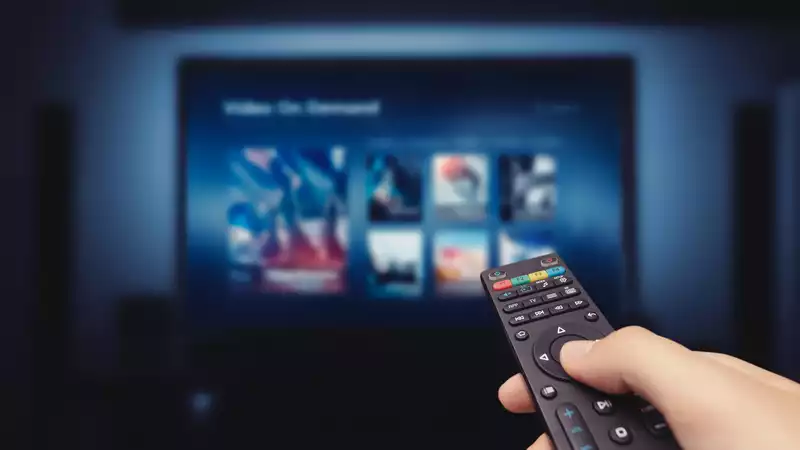More and more streaming websites are using virtual private networks as a security method to detect when someone is trying to access their website. VPNs help protect your privacy online by encrypting your Internet activity and bypassing it through a private server, often located elsewhere.
Streaming VPNs also allow you to access streaming content that is geo-blocked. For example, the BBC iPlayer is only available to users in the UK, but with a VPN you can access the entire iPlayer streaming library by pretending you are in the UK.
This article discusses why streaming sites like Netflix and BBC iPlayer want to block VPN users.
The most common reason streaming sites focus on blocking VPNs is because of the licensing and distribution agreements for the content they host.
While many sites produce a lot of original content, much of what is available for streaming on various platforms is not actually owned by the platforms themselves. sites like Netflix, Hulu, and Amazon, certain movies, TV shows, and events, and must negotiate licensing agreements to handle them. These agreements can be expensive for streaming sites. This is especially true because there are so many streaming services competing to gain subscribers by offering a wide range of quality content.
Licensing agreements vary by region because certain TV shows and movies are more valuable than others. For example, a German-language television program will attract more viewers in Germany than in the United States. Thus, licensing deals for German programming are likely to be higher in Germany than in other countries.
Also, different countries have different streaming platforms, and a movie that can be licensed on a streaming platform in Australia may not be licensed on the same platform in Korea.
This is why streaming content varies from country to country and why streaming sites go to great lengths to try to block VPNs. If Netflix allows users of the Netflix VPN in Canada access to shows that Netflix has a license to air only in the U.S., they are violating an expensive licensing agreement. If they do not try to protect their licenses, they risk having their contracts terminated and their content going to a competitor.
Another reason for streaming sites to block VPNs is if their service is a public utility provided to a particular country; BBC iPlayer is an example; the BBC is a public utility in the UK and is run by the government. Residents of the UK pay a license fee to access the BBC's ad-free programming.
Since only UK residents pay for this service, it makes sense that BBC iPlayer, the BBC's streaming service, would block access to those using the iPlayer VPN in other countries.
If you are a frequent YouTube viewer, you have probably come across a message like this: "This video is not available in your country. This is often due to content licensing, but it can also be due to government restrictions on negative propaganda, violence, or sexual content in your country.
YouTube does not currently make much effort to block VPNs, but it is possible that government regulations could be a factor in the future. For now, however, any VPN can function as a YouTube VPN and access YouTube's restricted content.
If you receive an error message when trying to stream using a VPN, it is likely that the streaming site you wish to view is blocking the VPN due to a licensing agreement.
The best way to get around VPN blocks is to upgrade to a higher quality VPN. Paid VPNs are far superior to free VPNs when it comes to providing new, unblocked IP addresses and disguising VPN traffic as normal traffic; VPNs like ExpressVPN, NordVPN, and Surfshark offer a much better streaming experience than free ones can provide a much better streaming experience than free ones.
.









Comments